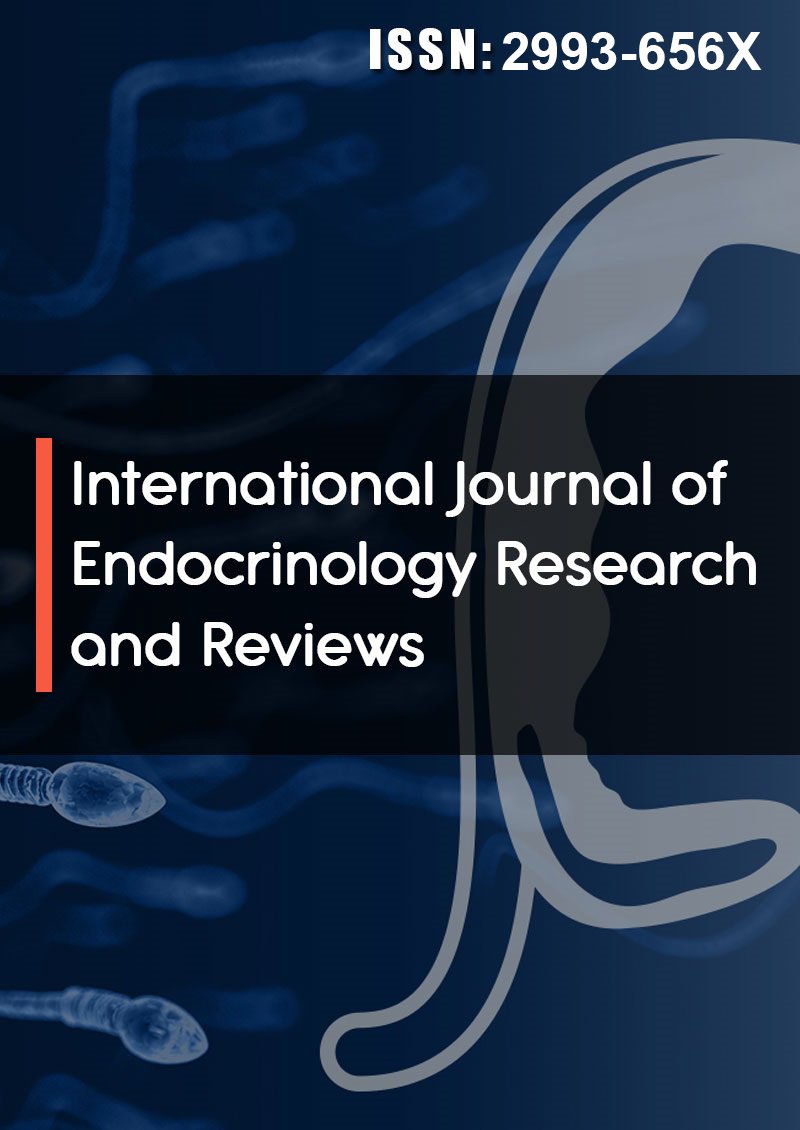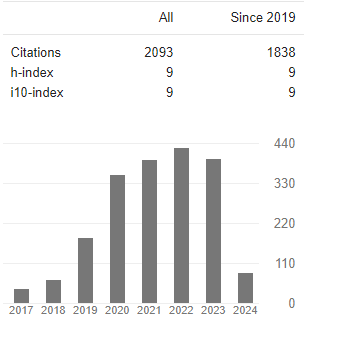Adherence to Lifestyle Modifications and Correlates Among Hypertensive Patients Attending Chronic Follow-Up at Asella Referral and Teaching Hospital, Southeast Ethiopia
Abstract
Remedan Jemal Dekema and Kedir Negesso Tukeni
Background Around the world, hypertension is a serious health issue. Hypertension left unchecked might cause difficulties. In addi- tion to pharmacological therapy, lifestyle changes must still be adhered to as an essential aspect of care. The purpose of this study was to evaluate factors that influence how well hypertension patients at Asella Referral Hospital in South East Ethiopia adhere to lifestyle changes.
Methodology Between September 1 and January 30 of 2021, the Asella Referral Hospital hosted this hospital-based cross-sectional study. All individuals with a diagnosis of hypertension who were being followed up on during the trial period were included. Data were gathered through the use of structured questionnaires and entered into Epi-data for analysis. The associations between the variables were investigated using chi-square tests and logistic regression models
Results There were 289 hypertensive patients, 48.8% of whom were men and 51.6% of whom were in the 40–59 age range. Over half (56.7%) of the participants went to primary school, and as a result, they can read and write. Nearly 40% of research participants work for themselves in the private sector, and more than 60% said their families support them in managing their hypertension. The majority of research participants (77.9%) reported poor lifestyle change adherence. Low monthly income (AOR=2.88; 95%CI=1.08-7.69), comorbidity, inadequate hypertension knowledge (AOR=1.98; 95% CI=1.06-3.69), and longer duration of hypertension (AOR=3.35; 95% CI =1.19-9.47), all of which were associat- ed with poor adherence to lifestyle change.
Conclusion In this study, there was poor adherence to lifestyle adjustment among hypertension patients. Lack of information, low family income, a longer time frame, and the existence of comorbidities were the main predictors of poor adherence to lifestyle changes. This underlines the significance of public health awareness, better health insurance coverage, and the treatment of co-morbidities may enhance adherence to lifestyle changes, which lower morbidity and mortality while enhancing survival and quality of life.




